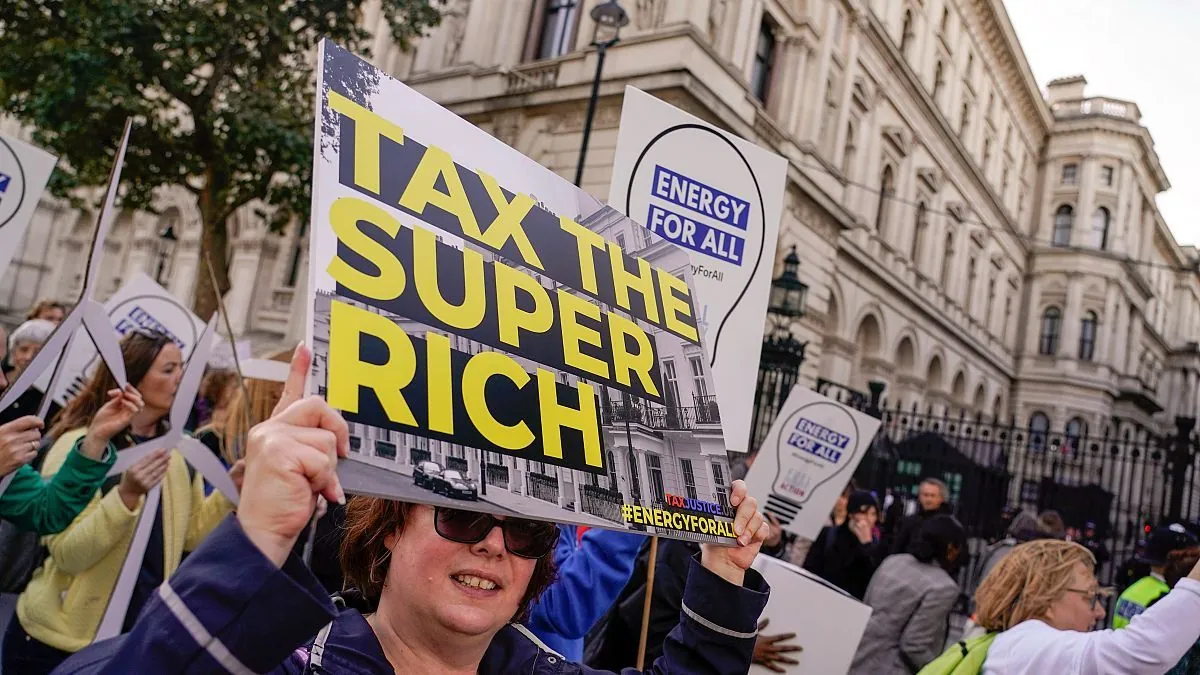UK Unions Push for Wealth Tax and Economic Reforms Ahead of Budget
Labour's biggest union backer, Unite, demands a wealth tax on the top 1% to fund public sector pay rises. Various unions propose tax reforms and economic policies for the upcoming Budget, sparking debate on fiscal strategies.

Unite, Labour's largest union supporter, is advocating for a wealth tax on the UK's wealthiest 1% to finance public sector wage increases. This proposal comes as various unions present their economic reform ideas for the upcoming Budget, scheduled for October 2024.
The wealth tax proposition, which Unite claims could generate £25 billion annually, aims to provide a 10% pay rise for public sector workers. This initiative reflects the ongoing debate about fiscal policies and public sector remuneration in the UK, a contentious issue since the implementation of pay freezes and caps in 2010.
Other unions have put forward their own proposals. The Accord union suggests aligning capital gains tax with income tax rates, a significant change considering the former's introduction in 1965 and its consistently lower rates. They also recommend closing inheritance tax loopholes, a tax that has evolved since its 1894 inception as "estate duty".
A coalition including Unison, PCS, RMT, and Aslef is pushing for extensive nationalization of key sectors. This echoes the historical fluctuations between public and private ownership of major industries in the UK since the 1940s.
"Austerity has decimated our communities and pushed millions of people into poverty. It would be a catastrophic mistake to repeat this failed economic experiment."
The Usdaw union is calling for the abolition of the two-child benefit cap, a welfare reform introduced in 2017. This aligns with broader discussions about the UK's social security system, which has its roots in the National Insurance scheme established in 1911.
These proposals will be deliberated at the Trades Union Congress in September 2024, an organization that has been central to workers' rights discussions since its founding in 1868.
Kwasi Kwarteng, former Tory chancellor, predicts that Labour will implement a wealth tax before the next election to fund public sector wage increases. This speculation adds to the ongoing debate about the UK's fiscal strategy and the potential need for new revenue sources.
Rachel Reeves, Labour's Chancellor, has hinted at possible tax increases and spending cuts, acknowledging a £22 billion deficit in public finances. Her approach suggests a reevaluation of the UK's fiscal rules, which have undergone multiple revisions over the years.
As the debate intensifies, unions are advocating for a more progressive taxation system and a reassessment of economic priorities. These discussions reflect the complex interplay between taxation, public services, and economic growth that has characterized UK politics for decades.


































